18 Natural Treatments to Relieve Signs of Depression
Everyone that suffers from any mental health conditions, incorporate these natural approaches to relieve the signs of depression and even anxiety disorders, with or without medications
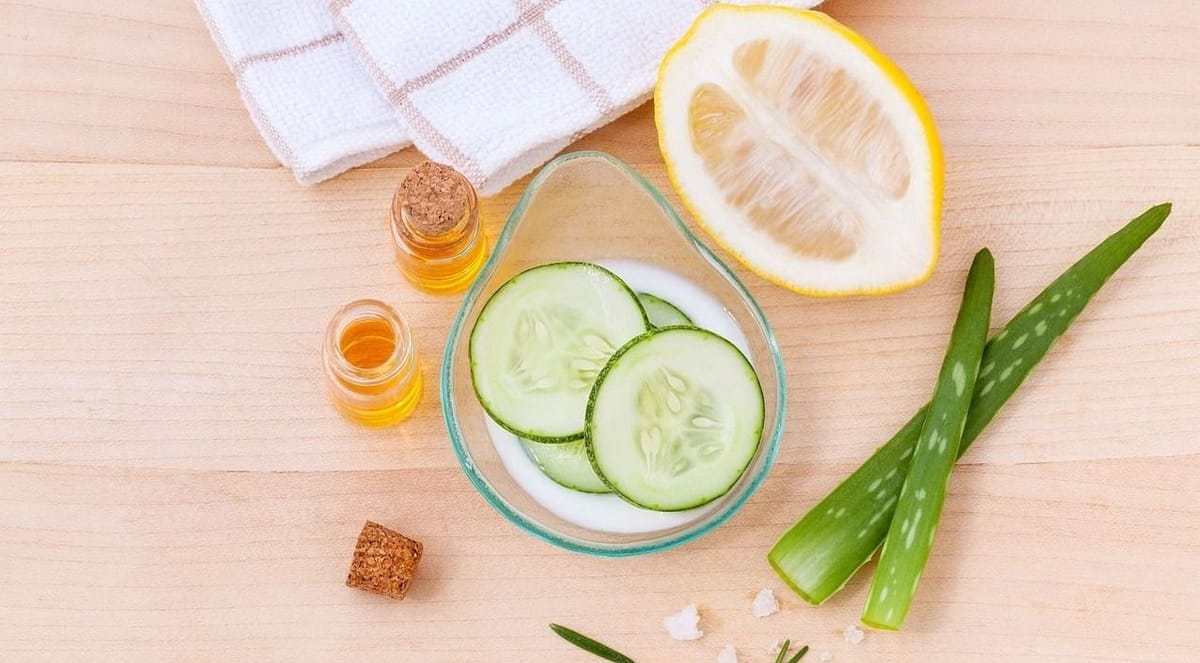
As an RN, I’ve watched too many of doctors prescribe antidepressant medications every time a patient starts to cry. We have become a culture that finds this practice as acceptable. I don’t mean to diminish the pain and symptoms of depression someone might experience. In fact, I suffer from symptoms of depression.
It's important to say,tears are healthy. Sadness doesn’t always need treatment. It's critical to understand that pleasure and pain come from the same source. So if you keep yourself closed off one, you won’t feel the other.
Hey, depressive symptoms can affect your family life and contribute to physical illnesses. If you’re someone who suffers depressive disorders, my heart goes out to you. I understand your struggles. I suffer from treatment resistant depression.
That means I have tired lots of prescribed medications and over time, they stopped working for me. That meant either an increase in dosage of the antidepressant medicines or an addition of another medication to enhance the antidepressant medicines i was taking.
Natural treatments for depression are important to a healthy lifestyle. I have suffered from depression since I was a young woman. My mother died when I was 18. After her death, grief, sadness and depression became an ongoing struggle. I also suffer from seasonal affective disorder. When the days become shorter and sun light is less, my depression like symptoms return.
My depression does not prevent me from functioning in the real world. Trust me, I have my really down days. Days I want to stay in bed and hide under the covers. My mother died between Thanksgiving and New Years. She has been gone 50 years now. Yet, every single year, when the holidays approach, the signs of depression reemerge. Recently, the diagnostic and statistical manual also called the DSM- 5 has included grief as a depressive disorder if symptoms go beyond two weeks. Let me explain the DSM 5.
What is the DSM 5?
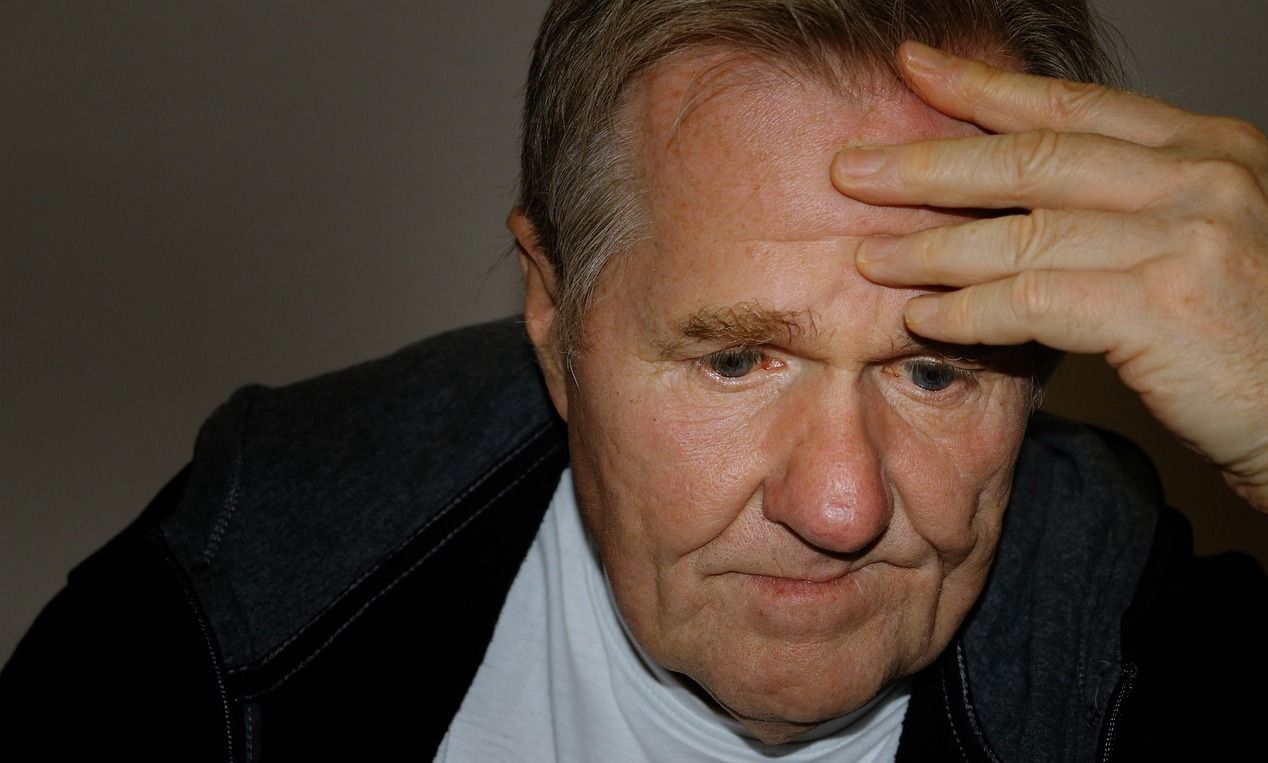
Mental health disorders are one of the most common medical conditions in America. According to recent statistics, over half of Americans will deal with a mental disorder at some point during their lifetime. With that reality comes the need for diagnosis and treatment on an individual basis.
The American Psychiatric Association (APA) is helping bridge this gap by providing resources like DSM-5: Diagnostic and Statistical Manual of Mental Disorders 5th Edition. This comprehensive manual offers invaluable information regarding various forms of mental illness, empowering the mental health professional with essential insight into identifying subtle symptoms associated with these complex issues - ultimately leading towards more effective treatments for those who face them every day!
Grief and depression may be intertwined

I want to share this information on grief. It is often considered a major depressive disorder. Anniversaries of a loved one's death can cause a person to experience depression symptoms. This is not an abnormal response. I lost my oldest son, a disabled veteran to suicide 11 years ago. So, grief can cause emotional and physical problems, that cause symptoms of depression.
What is Prolonged Grief Disorder?
In 2020 the American Psychiatric Association introduced Prolonged Grief Disorder, a new mood disorder specifically characterized by intense and pervasive grief responses. Our data confirms that its criteria are accurate - symptoms include disbelief, emotional pain, identity confusion, avoidance of loss-associated reminders and more which last at least 6 months after suffering a significant loss. With this updated definition leading to greater awareness and understanding on how individuals cope with prolonged grief in different ways over extended periods of time, medical professionals can now provide better care for those affected.
When severe sadness strikes for extended periods of time this is considered ‘clinical depression’ now called major depressive disorder. Taking small steps like making lifestyle changes could provide some relief from the emotional and physical problems associated with depression. This will create more opportunities for joyous moments ahead!
I have tried every type of medication and supplement available. I thought I would share the natural alternatives that work for me.
I’m in no way intending to discourage you from taking antidepressant medications. Or suggest you ignore your doctor’s advice. I know antidepressant medications can be life-saving for some people. I feel that unless you’re having suicidal thoughts or otherwise in need of medication, before you start to taking side-effect laden antidepressant meds, it’s worth considering some natural treatments that might help lift your mood.
In fact, I recommend that every one that suffers from any mental health conditions, incorporate these natural approaches to relieve the signs of depression and even anxiety disorders. If you suffer from major depressive disorder, bipolar disorder or anxiety disorder, these natural approaches should become part of your lifestyle to reduce symptoms of depression.
How to treat symptoms of depression naturally
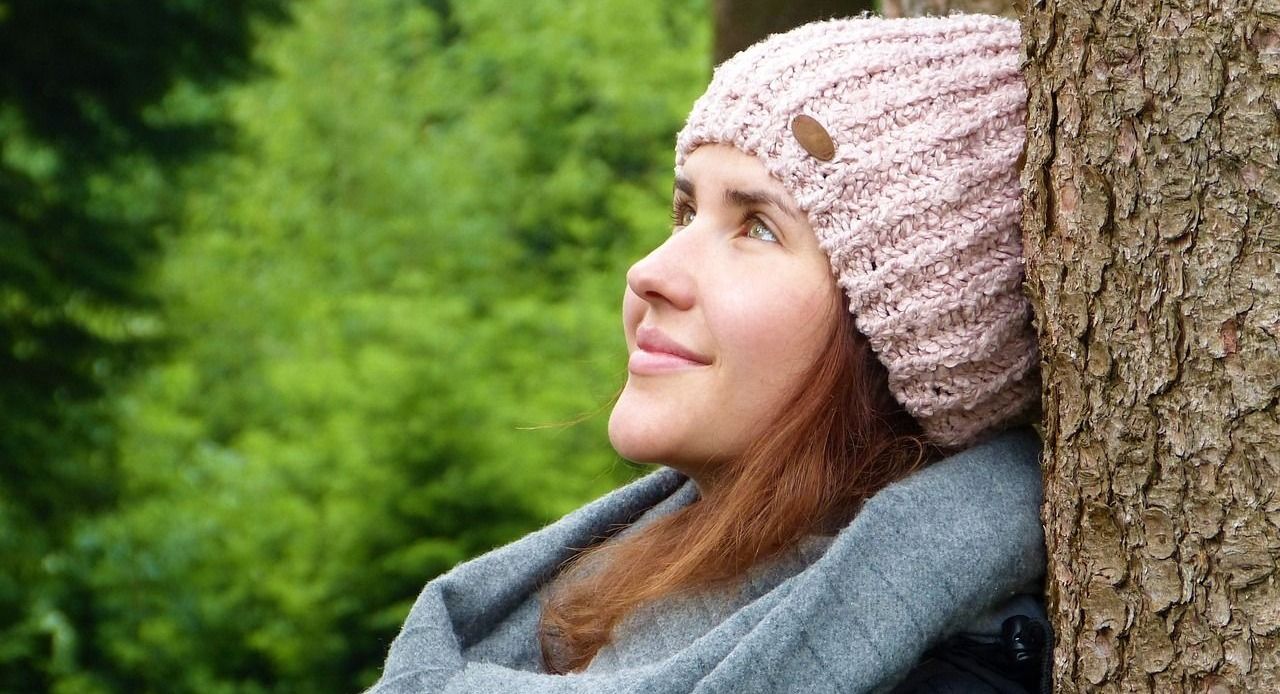
Many of us may experience depression symptoms of low mood or a lack of energy and joy at some point in our lives. These can lead to mental health disorders such as depression and anxiety disorder. Brightening your mood doesn't have to be a complicated journey; simple natural methods can get you on the path to feeling better. With or without medication.
Consider why you might feel depressed. Sometimes symptoms of depression are do to life events, rather than biochemical imbalances. Do you feel your job requires you to sell out your moral principles every day?
Are you in an unhappy relationship and unable to admit that you need to end that relationship? Are you feeling spiritually disconnected? or sexually unhappy? Are you having creative blocks? Is your body failing you?
Are you facing a financial disaster? Feeling overwhelming grief over a loss of a loved one, pet or friend?
Is depression do to a chemical imbalance in the brain?
This is also the time when you need to consider that this may be a chemical imbalance in your brain. For me, I found it was a chemical imbalance. I would cry easily. I had no energy. There were days when I just felt blah.
Be honest with yourself about what may trigger depression in your life. Make an effort to get to the root of why these symptoms occur. take time to identify when symptoms begin.Talking with others, whether in an online support group or one on one talk therapy, can help you. It can take time to find the root cause of your depression.
Get up and move your body. Exercise releases endorphins, which act like natural anti-depressants.
Exercise, mind-body therapies and herbal supplements may help rewire negative thought patterns or even modify brain chemistry in beneficial ways - though it's important to remember that these approaches aren't always scientifically backed up. I can tell you from personal experience, it does help.
Natural ways to combat depression
Develop a daily routine. Depression zaps the energy out of you. You begin to lose interest in life and you ignore normal activities. One day begins to melt into the next. You go through the motions, existing.
Participating in life, activities becomes challenging. Begin to develop a daily routine, one task at a time, to get you back on track.
Your first step may be setting a time to get up and go to bed at night.
Never skip a meal. Keeping your blood sugar stable reduces mood swings.If you suffer with low blood sugars you know the physical symptoms, those warning signs of low blood sugar that make you feel irritable and fatigued.
Set goals Depression has a way to make a person feel as if you cannot accomplish anything. It begins a cycle of negative thinking. This drains your energy. Break that cycle by setting small goals. Push back against depression by setting daily goals.
I am a list maker. My nurse training has taught me to be a goal setter. Taking time to write things down you want to do that day. Crossing them off your list, gives a feeling of accomplishment. A simple little task like this can make a difference in you self-esteem.
Get moving. Exercise is the last thing you feel you can do when depression sets in. Exercise releases endorphins; it is a natural antidepressant.
You don’t have to run a marathon. Walking just 30 minutes a day is a good start. In fact, studies show that 10 minutes three times a day has the same health benefits.
Take one day at at time
If you suffer from depression, there are times when you need to push yourself to get out of bed. I force myself to do 10 minutes. I set a goal of 30 minutes, three times that day. If you are a person that suffers from severe depression. As hard as it is, I recommend that you find someone to walk with you, or work out with you. I have been with patients that literally could not force themselves out of bed. I have had to help them get up, showered, dressed and make them walk with me. We have all heard the commercial, a body in motion stays on motion. Its true. Once you start to move, it gives you the energy to do more.
So, get out and enjoy nature, feel the sun on your face, enjoy the sounds of the birds, or children playing. Go to a dog park and watch the dogs play. People watch at the mall. Taking that first step is hard. Once you start and focus on nature, the time flies by. Enjoy.
Eat a serotonin-enhancing diet
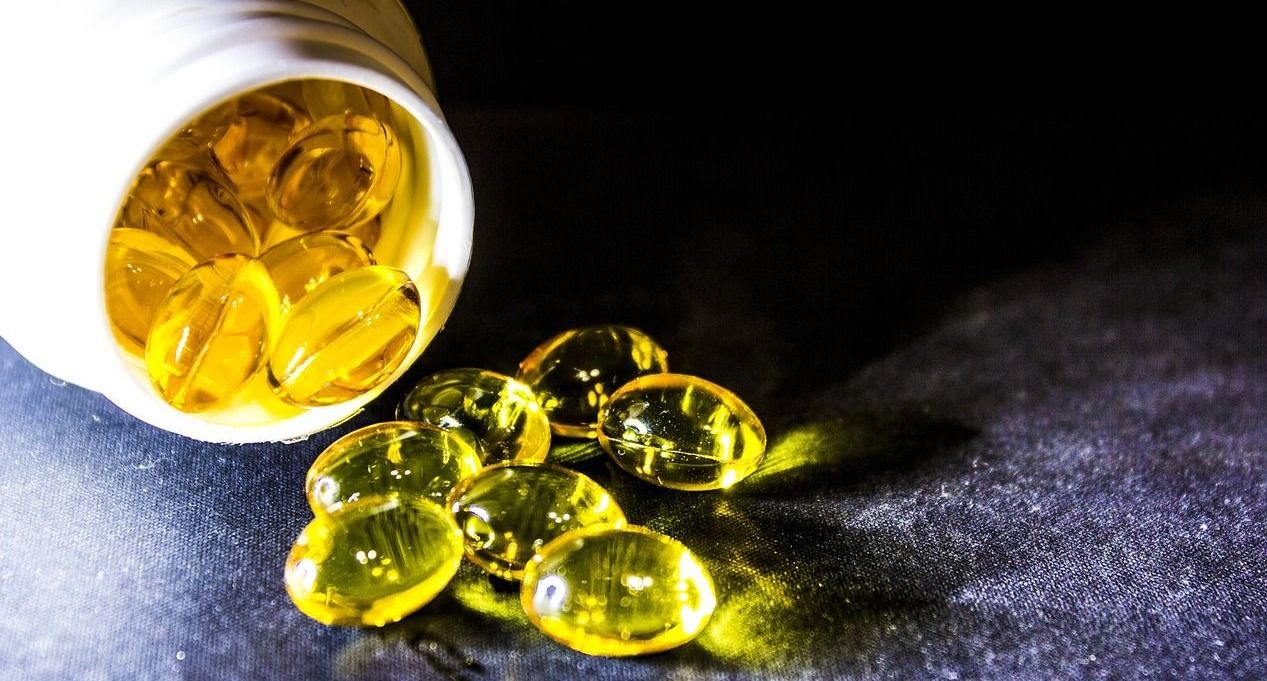
Foods that increase serotonin levels in your brain will act as a natural antidepressant. Consider incorporating foods that are high in omega-3 fatty acids and healthy fats into your diet.
These include wild salmon, sardines, herring, mackerel and anchovies - all of which can be great sources of essential nutrients! Additionally, proteins like free range turkey are full of tryptophan which help the body produce more serotonin.
Depression causes you to overeat and experience weight gain. Depression affects many to make poor food choices. Some over eat. Others have no appetite. Taking control of your eating will help you feel better about yourself. If you are depressed and overweight you get in a cycle of low self esteem and causing an increase in depression symptoms.
Get enough sleep. Depression can affect sleep patterns. Many toss and turn, causing sleep deprivation. This can contribute to making depression worse. Try to avoid distractions before bed such as TV or computer. Avoid taking a nap during the day, go to bed and get up at the same time every day.
Avoid caffeine Cut back on caffeine as it reduces these important neurotransmitters! Alternatively consider L-Tyrosine supplements (500 – 1000 mg) if you're looking for an energy burst without compromising on mental wellbeing.
Expose yourself to sunlight everyday. Sitting in the sun lifts your mood and increases Vitamin D levels. If you live somewhere that gets little sun, invest in a therapeutic light box. Led light bulbs are perfect for those in that live in overcast or constantly dreary areas.
Enhance your mood with natural supplements carefully!
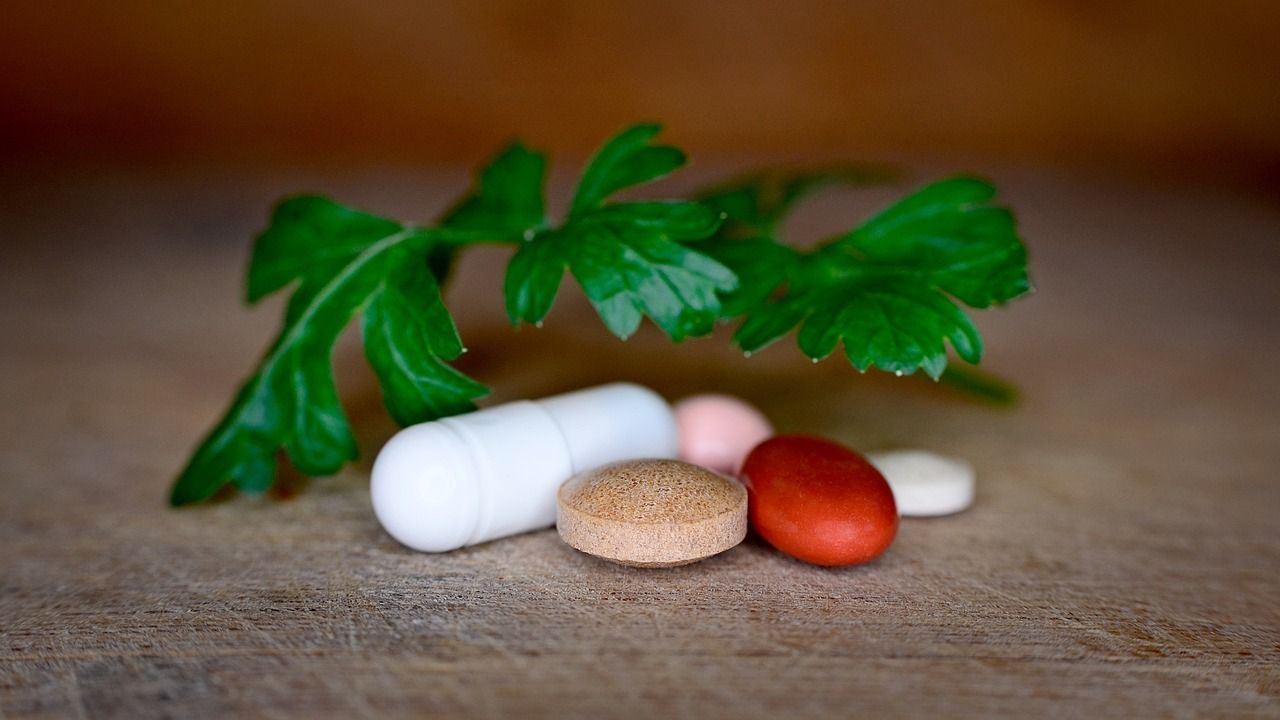
If you're looking for a safe and effective way to boost your spirits, consider taking 5-HTP or St. John's Wort in the morning. Start at 50 mg of 5-HTP three times per day (keeping an eye out for potential side effects like drowsiness or diarrhea) and 300mg of St. John’s Wort up to three times/day - with caution if using other medication such as anti-depressants.
Increase dosage slowly over time if needed, but keep it under 600 mg total daily intake when on both supplements concurrently; also note that birth control pills may be less effective while taking this supplementation regime.*
SAMe 200mg on an empty stomach twice/day. Increase your dose every two weeks to a maximum dose of 600mg twice daily. This can be a very effective antidepressant, but it can also be expensive. Side effects at higher doses include GI upset, nausea, agitation, and insomnia.
L-Theanine 100-600mg daily. Reduce if you feel sleepy. This is found in green tea.
Fish oil (DHA/EPA) 1-3 g/day with food. Some people get terrible burping of fish oil. Give enteric-coated fish oil a go! It's less likely to leave you with an unpleasant aftertaste, but it may not be as efficiently absorbed by your body. Consider all the facts before deciding if this type of supplement is right for you.
*Always consult a physician before starting any supplement regimen— they will help ensure safety by monitoring progress & ruling out possible risks! Just because it's natural does not make it safe. If you are on any other type of medication, there is always a potential to experience an adverse reaction. I always recommend you review all medications and supplements you take with your doctor or pharmacist at least once a year.
Balance your hormones. Feeling low, sluggish or just not quite right? Making sure to get your hormones in check is key. Consider visiting a functional medicine doctor who can provide helpful tests and interpretation so you stay balanced and feeling like yourself again!
Practice Mindful Meditation
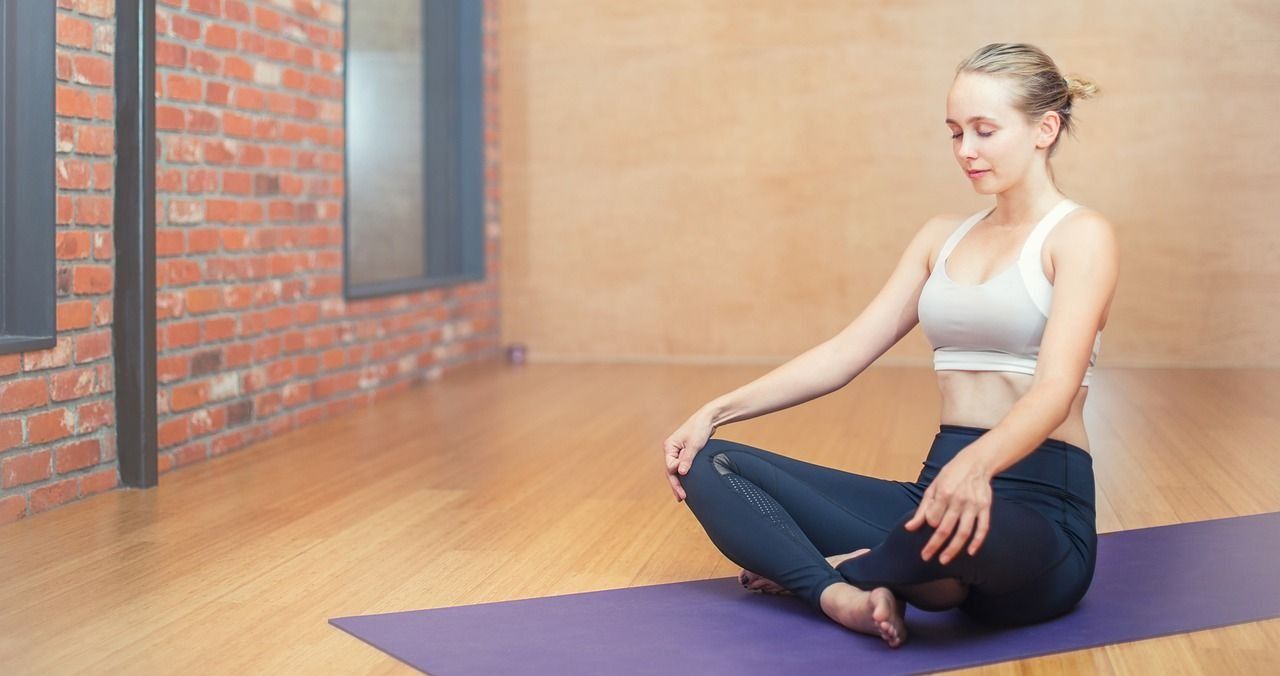
Mindfulness meditation is an effective way to manage depression, enabling you to pause and become more aware of what's causing your worries or fears. Through this self-awareness practice, the symptoms associated with feelings of being debilitated can be reduced over time — allowing for a healthier mental state by finding relief in living presently without judgement.
Mindfulness meditation provides a powerful form of relief from stress, pain and depressive disorders. By bringing your attention to the present moment, you can become more aware of both yourself and the world around you. Your symptoms begin to slowly fade. This Buddhist-inspired practice has been scientifically proven to reduce feelings such as anxiety, depression and physical discomfort - offering an invaluable tool in our lives for cultivating positivity!
Become responsible. When a person has depression symptoms, they tend to avoid regular duties at home. They become less involved in family life at home and at work.
Forcing yourself to :
· Stay active
· Keeping commitments,
· Meeting obligations will give you a sense of accomplishment. and help decrease your depression.
Face your negative thoughts. It can be tough to do this. With the right tools you have what it takes to come out ahead. Whenever pessimistic beliefs start creeping in, use some logic as a natural way of thwarting depression. Challenge yourself . When a negative thought enters my head, I have taught myself to say STOP. Then I replace that negative thought with a positive one. One thing I ask myself, is there really any evidence that backs up those gloomy conclusions? With practice and resilience, you'll become more adept at identifying destructive thought patterns before they spiral out of control! It takes work. But , this is a great technique you can use any time.
Get out of a rut Force yourself to do something new. Get out and enjoy. Have fun. I know that this is hard to do. I find that I struggle to enjoy things. The diagnosis for this is anhedonia. It is the inability to feel pleasure.
So I force myself to do things, even when I don't want to. It does improve my mood
Doing something new and different creates:
· New neural connections
· Causing chemical reactions in the brain increasing dopamine, associated with pleasure and learning.
This is not an easy task. Depression makes having fun work. Do things you like. Force yourself to do it even if it feels like a chore. In time, you will learn to enjoy life again.
Live your best life by embracing and expressing the real, unique you!
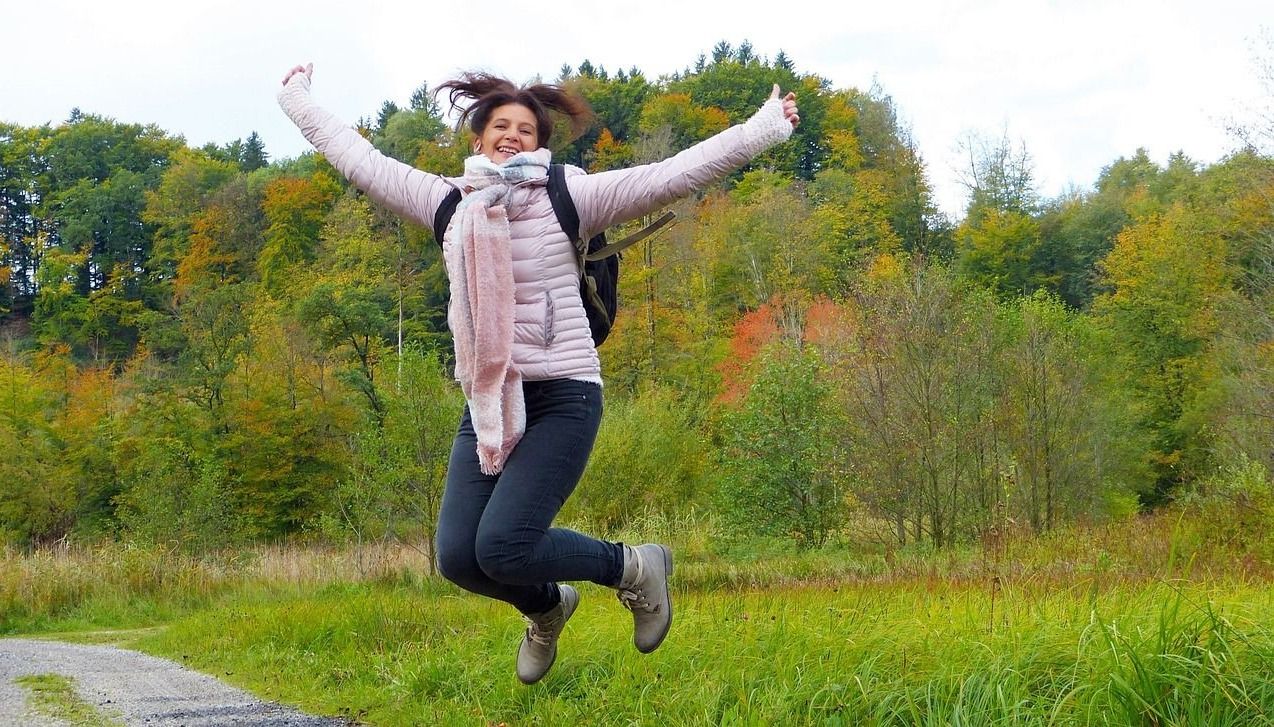
People often feel confined to playing certain roles — in school, work, or relationships. But when we don't stay true to ourselves it can take a toll on our mental health. Consider giving yourself permission to let go of those expectations and connect with who you really are instead: Start talk therapy to find your authentic self if you need to. You will notice how uplifting that feeling is as soon as you do!
Avoid alcohol and other drugs. Looking for a way to bring joy back into your life? Experts suggest avoiding alcohol and other drugs as substance abuse is often be linked with depression. While it is unclear if drinking or using drugs actually causes depression, long-term use could alter the brain’s functioning – causing existing symptoms of mental health issues to worsen. However, don't give up on having fun! However, don't give up on having fun! It may take longer than usual while dealing with depression but rekindling that enthusiasm in life is not impossible - you just have to rediscover how!
If your mental health is bringing you down, don't feel like a failure. Sometimes our emotions can be out of balance due to biochemical factors that require medication to help us cope - and that's totally okay! While drugs may provide the foundation for recovery, it doesn't mean personal growth has stopped there. To find true wellbeing again it’s important also to look after all other aspects of life as depression often arises from many complex sources such as relationships, work stressors or even environmental influences – working on these points can make sure your Inner Pilot light shines brightly once more.
Suicide and Crisis Lifeline Emergency number 988

If you are a person with severe depression that suffers with severe symptoms that include suicidal thoughts, please call the new local emergency number 988. This is the new Suicide and Crisis Lifeline. This 24/7 national network offers support from trained counselors who are there to provide comfort in a difficult time and help connect those in need to resources nearby.
Seek treatment options that are right for you. Interpersonal therapy, talk therapy, a healthy diet can improve both depression and your sense of well being. As i said in the beginning of this audio cast,I encourage you to incorporate these these natural treatment approaches in to your everyday life, with or without medication.





